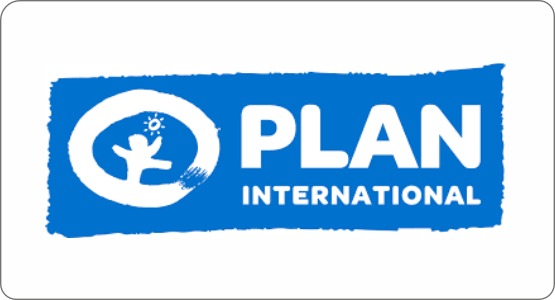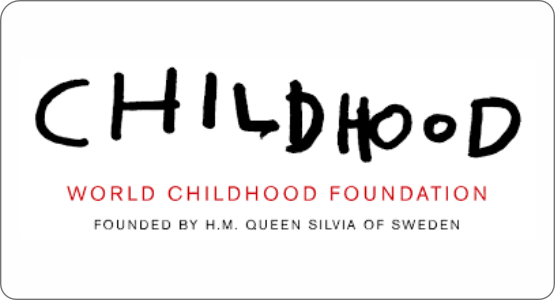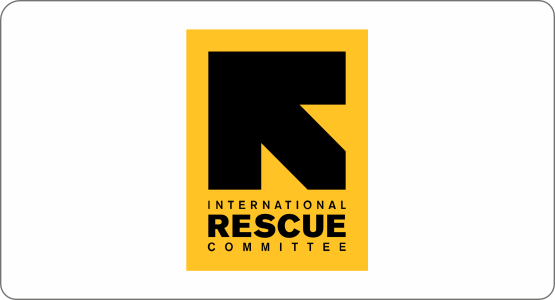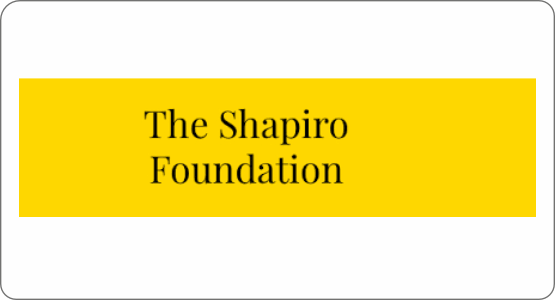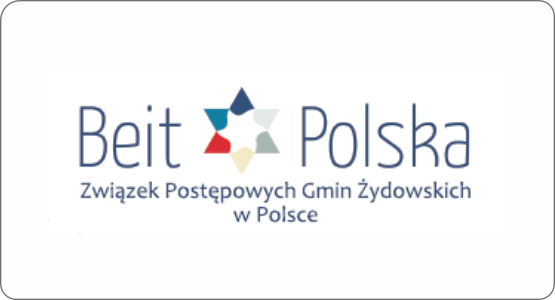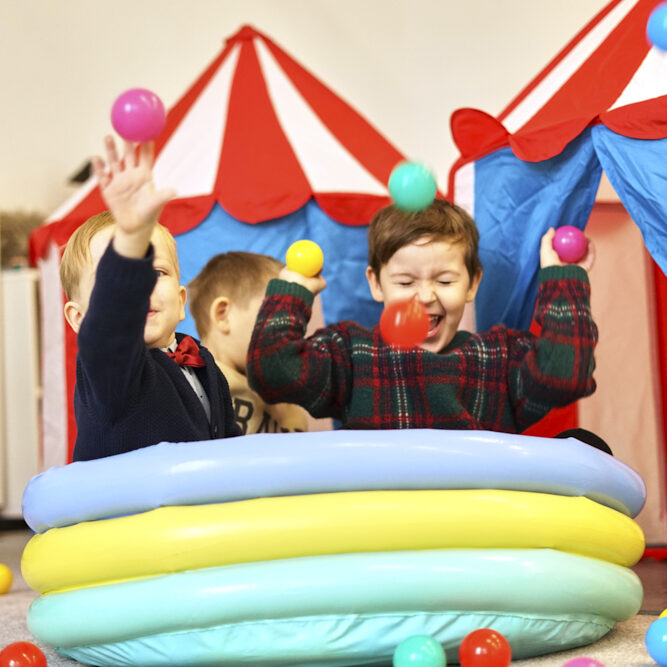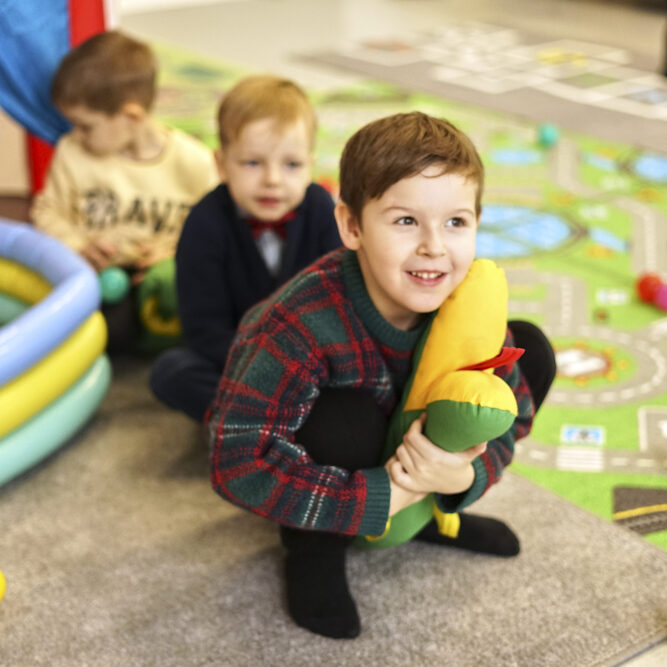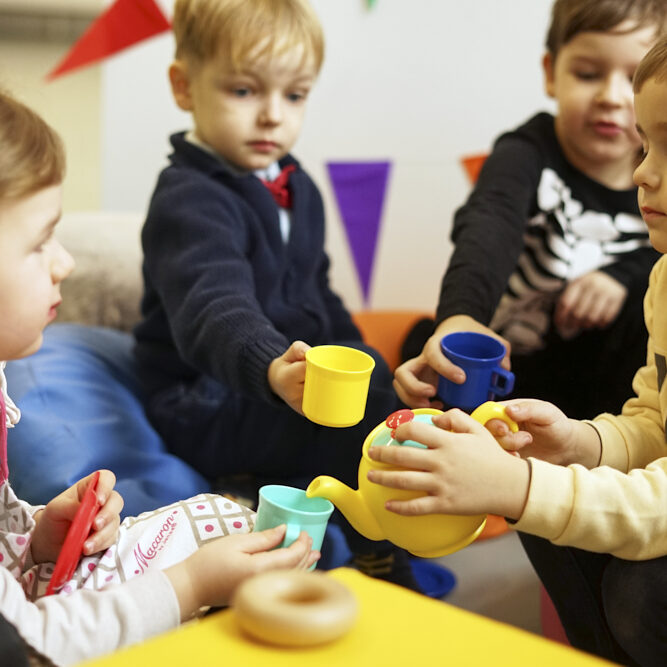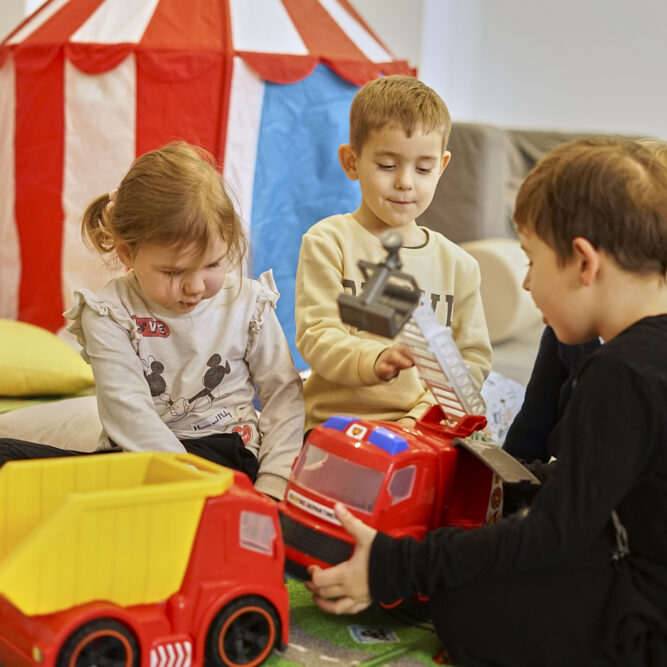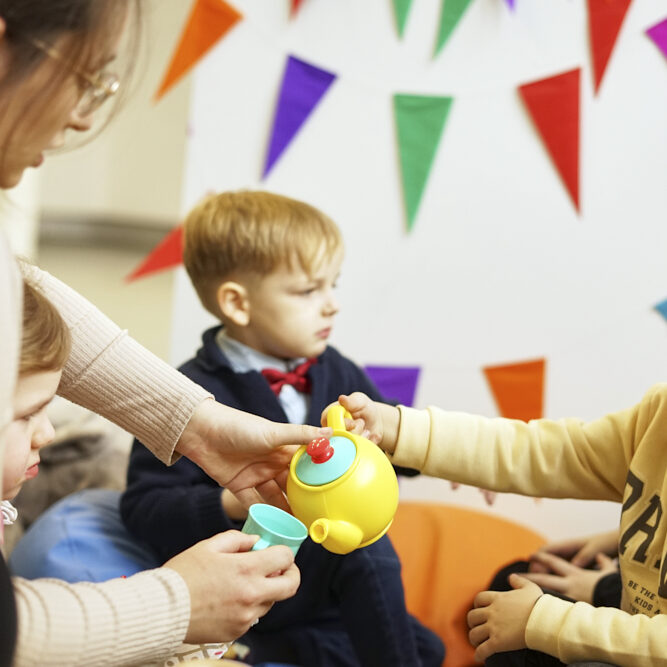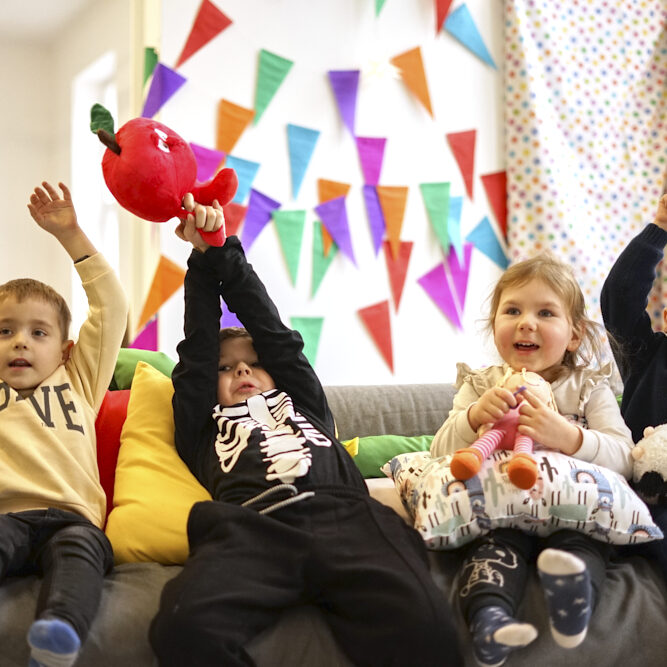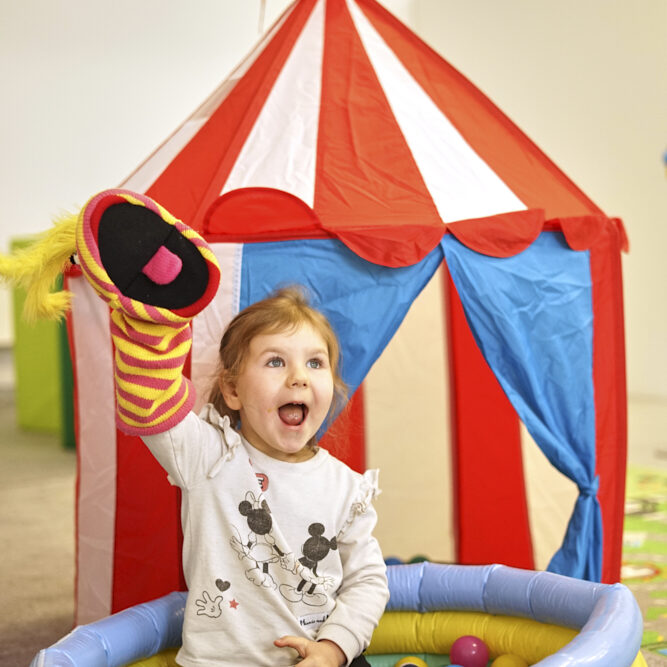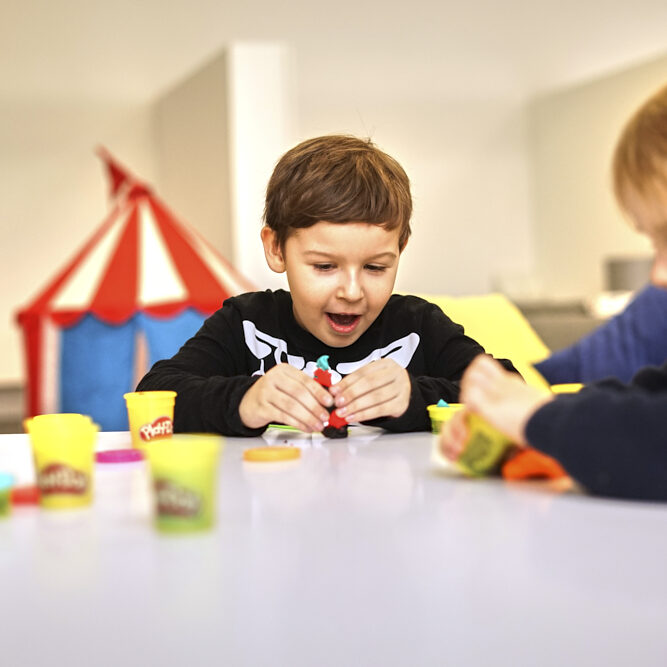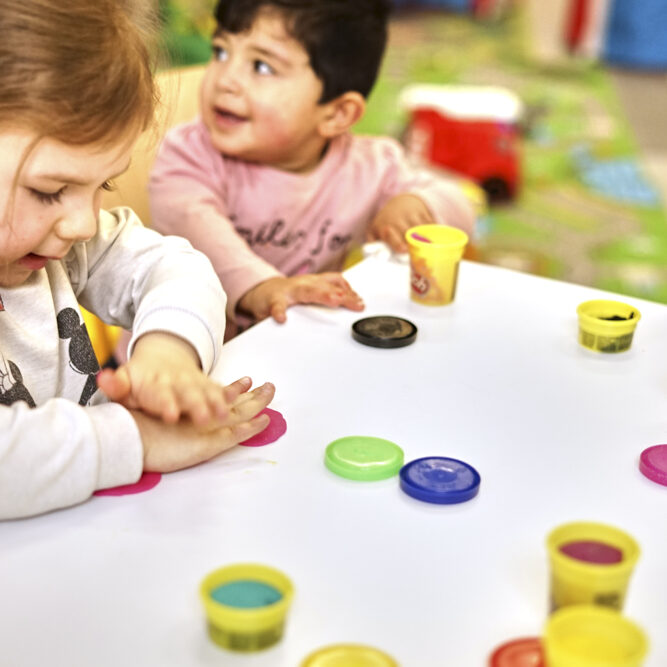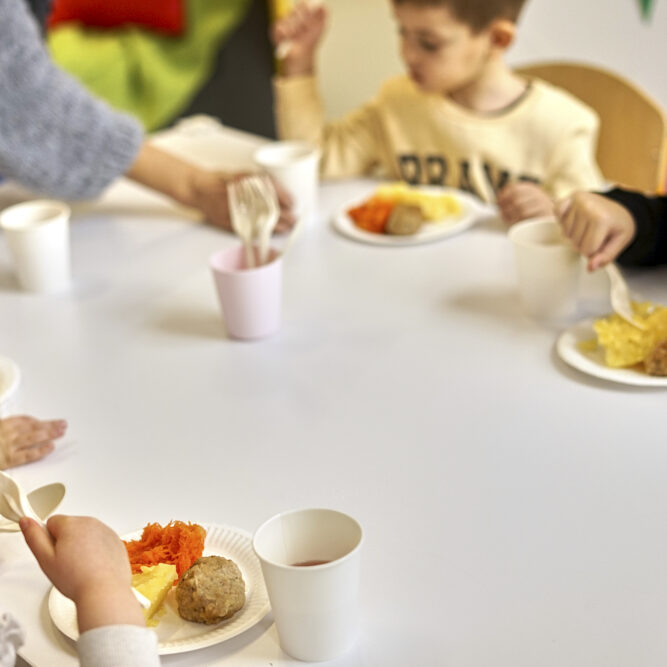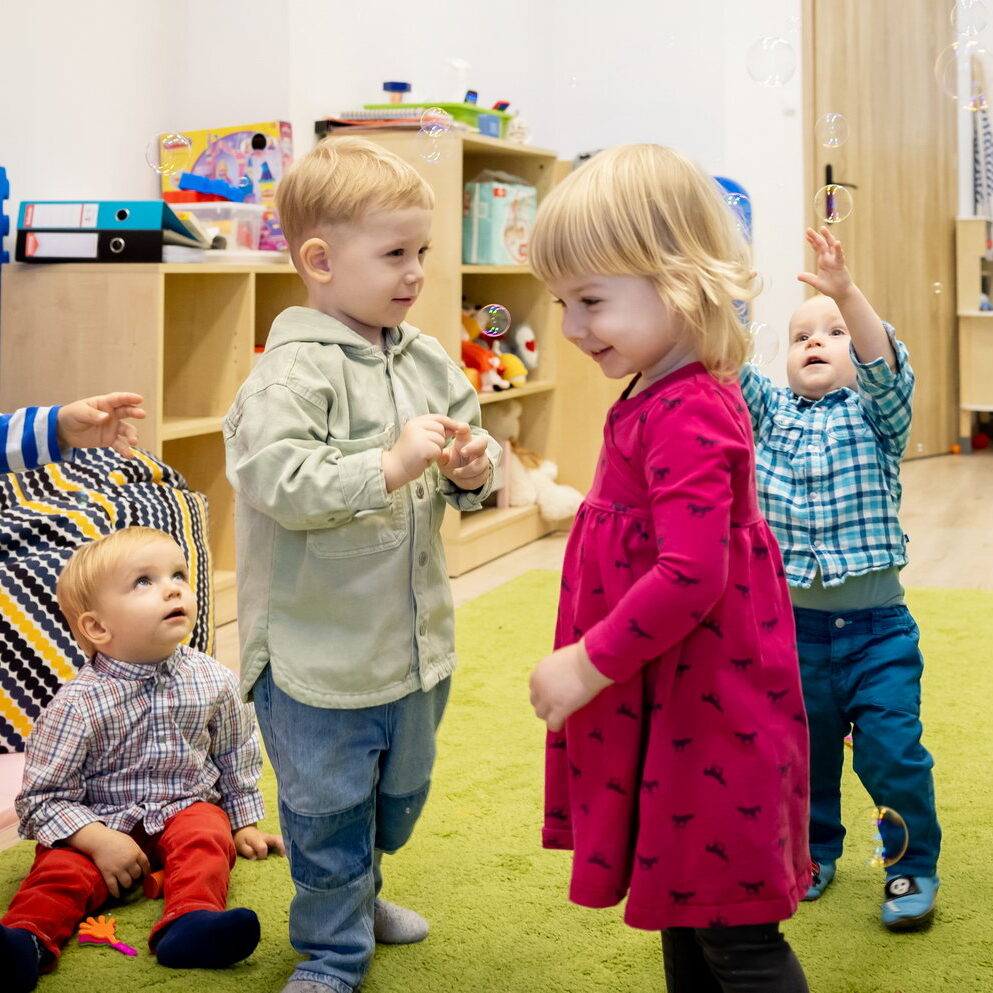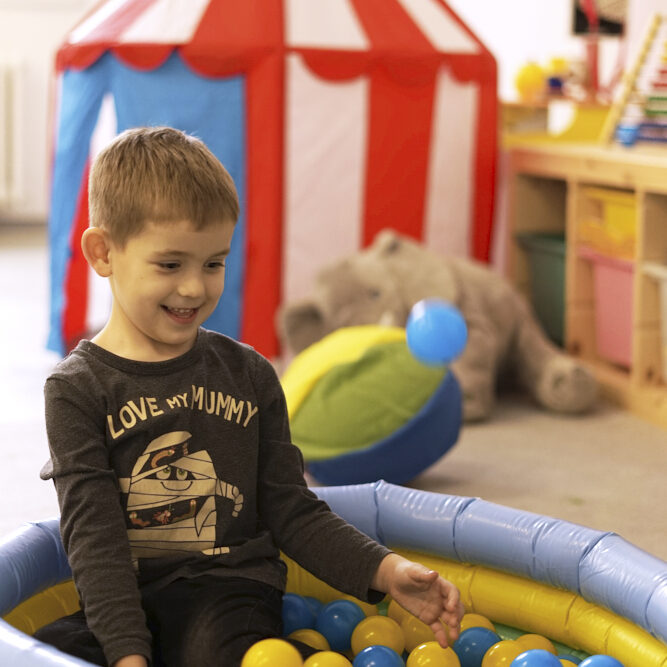Zakończenie Programu SPYNKA – z wdzięcznością i nadzieją patrzymy w przyszłość
W sierpniu 2024 roku zakończyliśmy realizację Programu SPYNKA, który od kwietnia 2022 roku prowadzony był przez Fundację Rozwoju Dzieci we współpracy z UNICEF, Plan International, World Childhood Foundation oraz licznymi organizacjami pozarządowymi i samorządami.
Chcemy z głębi serca podziękować wszystkim, którzy wspierali naszą misję przez ponad dwa lata.
Program SPYNKA powstał z myślą o dzieciach i matkach z Ukrainy, które w wyniku wojny znalazły schronienie w Polsce. Przez ponad 2 lata tworzyliśmy bezpieczne i przyjazne miejsca – Spynki – czyli grupy opiekuńczo-edukacyjne dla dzieci w wieku 1-6 lat, działające 8 godzin dziennie od poniedziałku do piątku na terenie całego kraju. Zajęcia prowadzone były przez zaangażowane i wykwalifikowane opiekunki, zarówno ukraińsko-, jak i polskojęzyczne, co pozwalało dzieciom rozwijać się w zrozumiałym i wspierającym je środowisku. Spynki stały się dla wielu rodzin ważnym punktem odniesienia i codziennego wsparcia.
Dla naszego zespołu udział w tym programie był nie tylko ogromnym wyzwaniem organizacyjnym, ale przede wszystkim niezwykle wartościowym doświadczeniem. Spotkaliśmy niesamowitych ludzi, uczyliśmy się współpracy ponad granicami i językami, a codzienna praca z dziećmi i ich rodzinami dała nam więcej niż możemy wyrazić słowami. Jesteśmy wdzięczni za każdy uśmiech, każdą historię i każdą chwilę, którą mogliśmy dzielić.
Choć Program SPYNKA został zakończony, mamy głęboką nadzieję, że dzieci, które uczestniczyły w naszych zajęciach, dobrze radzą sobie w nowych dla nich realiach – czy to w Polsce, czy gdziekolwiek ich los poprowadził. Wierzymy, że wspólnie stworzyliśmy dla nich choćby namiastkę dzieciństwa, na które zasługuje każde dziecko – spokojnego, radosnego i bezpiecznego.
Dziękujemy za zaufanie i wsparcie. To była wspólna droga, która na zawsze pozostanie w naszej pamięci i sercach.
Zespół Fundacji Rozwoju Dzieci
———————————————————————————————————————–
Завершення програми «СПИНКА» – дивимося в майбутнє з вдячністю та надією
У серпні 2024 року ми завершили програму “СПИНКА”, яку з квітня 2022 року реалізовував Благодійний фонд «Розвиток дитини» у співпраці з ЮНІСЕФ, Plan International, Всесвітнім фондом дитинства та численними громадськими організаціями та органами місцевого самоврядування.
Ми хотіли б від щирого серця подякувати всім, хто підтримував нашу місію протягом більш ніж двох років.
Програма SPYNKA була створена для дітей та матерів з України, які знайшли притулок у Польщі внаслідок війни. Протягом більш ніж 2 років ми створювали безпечні та доброзичливі місця – Spynki – це групи догляду та навчання для дітей віком від 1 до 6 років, які працюють 8 годин на день з понеділка по п’ятницю по всій країні. Заняття проводили віддані своїй справі кваліфіковані вихователі, як україномовні, так і польськомовні, що дозволило дітям розвиватися в атмосфері розуміння та підтримки. «Спинки» стали важливим орієнтиром і щоденною підтримкою для багатьох сімей.
Для нашої команди участь у цій програмі була не лише величезним організаційним викликом, але, перш за все, надзвичайно цінним досвідом. Ми познайомилися з дивовижними людьми, навчилися працювати разом, незважаючи на кордони та мови, а щоденна робота з дітьми та їхніми сім’ями дала нам більше, ніж ми можемо висловити словами. Ми вдячні за кожну посмішку, кожну історію і кожну мить, яку ми змогли розділити.
Хоча програма «СПИНКА» завершилася, ми щиро сподіваємося, що діти, які брали участь у наших заходах, добре почуваються в нових для них реаліях – чи то в Польщі, чи то там, куди їх привела доля. Ми віримо, що разом ми створили для них хоча б замінник дитинства, на яке заслуговує кожна дитина – мирного, радісного і безпечного дитинства.
Дякуємо вам за довіру та підтримку. Це була спільна подорож, яка назавжди залишиться в нашій пам’яті та серцях.
Команда Фонду “Розвиток дитини”







